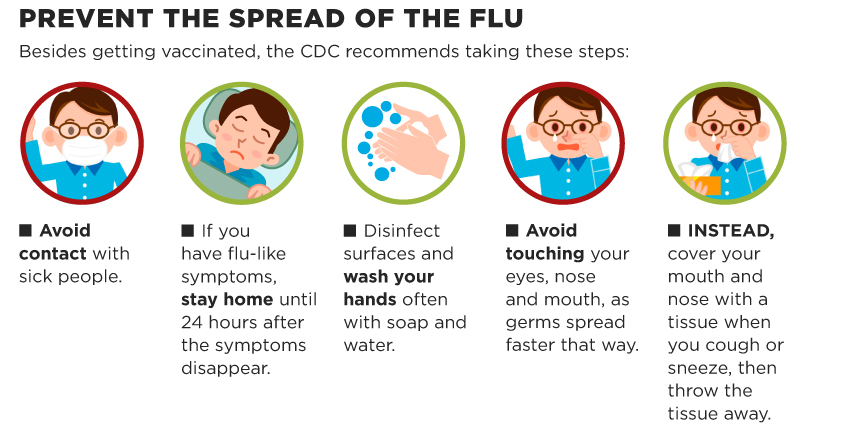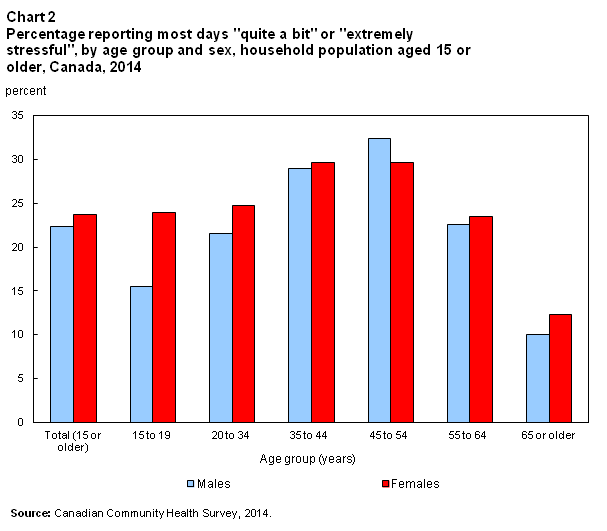Nowadays, influenza virus commonly know as the flu is treated relatively as minor illness. However, knowing that flu pandemics have caused death of millions of people in the past , people should be more cautious, specially those at a higher risk: children, pregnant woman, the elderly. Additionally, influenza infections can be prevented by annual vaccination.
What is Influenza?

Source: The Medscape Network Description: Influenza virus structure and its different components and surface proteins.
Influenza is a disease caused by influenza viruses that infect the respiratory system of many animals, birds and humans. In humans, some of the symptoms that characterize these infections are cough, fever, runny nose, sore throat and headache. Interestingly, these symptoms usually appear two or three days after infection and typically do not last more than a week. The three types of influenza virus, include: A, B and C; where influenza A and B viruses usually infect a large numbers of individuals within a population at the same time.
History of Influenza virus
An influenza pandemic occurs because of antigenic shift, a process in which two or more viruses combine together to form a new subtype of influenza virus that spreads worldwide. Through history, influenza A viruses are responsible for all the pandemics that have occurred and they represent the greatest threat to the population. For example, the deadliest flu pandemic is the Spanish flu, it took place in 1918, causing between 40 and 100 million deaths worldwide. In 1918, there were no vaccines available against influenza, neither were there antibiotics to treat secondary infections associated with influenza infection. According to the article published by Peter Palese, influenza viruses type A and B are responsible for the death of approximately 50,000 people in the U. S. every year.
Video: “Flu virus” Source: National Geographic| YouTube
Why is the influenza virus a threat to people?
According to the article published by Declan Butler, vaccines are required to be developed each year because some regions of the outer proteins of influenza virus can undergo high mutation rates during replication. This explains why influenza viruses avoid detection by the immune system. When a person gets infected with the flu, their immune system will mount responses based on the first encounter the person had with the virus, so the response in a second or third encounter will be stronger and it will be against the unchanged regions of the virus. However, because the virus has changed structurally the antibodies against the previous version of the virus will not be of much help.
What is the best solution?
Development of new vaccines every year that best match the strains predicted for the incoming influenza season. Flu vaccines are able to reduce the risk of serious flu complications that can result in hospitalization or even death. While the efficacy of annual flu vaccinations were not very high for the 2017-2018 flu season: 17% in Canada, 10% in Australia and 25% in the U.S., but they are better than nothing.

Source: Las Vegas Sun Newspaper Description: Tips to prevent the spread of the flu.
-Mariana Paspuel



